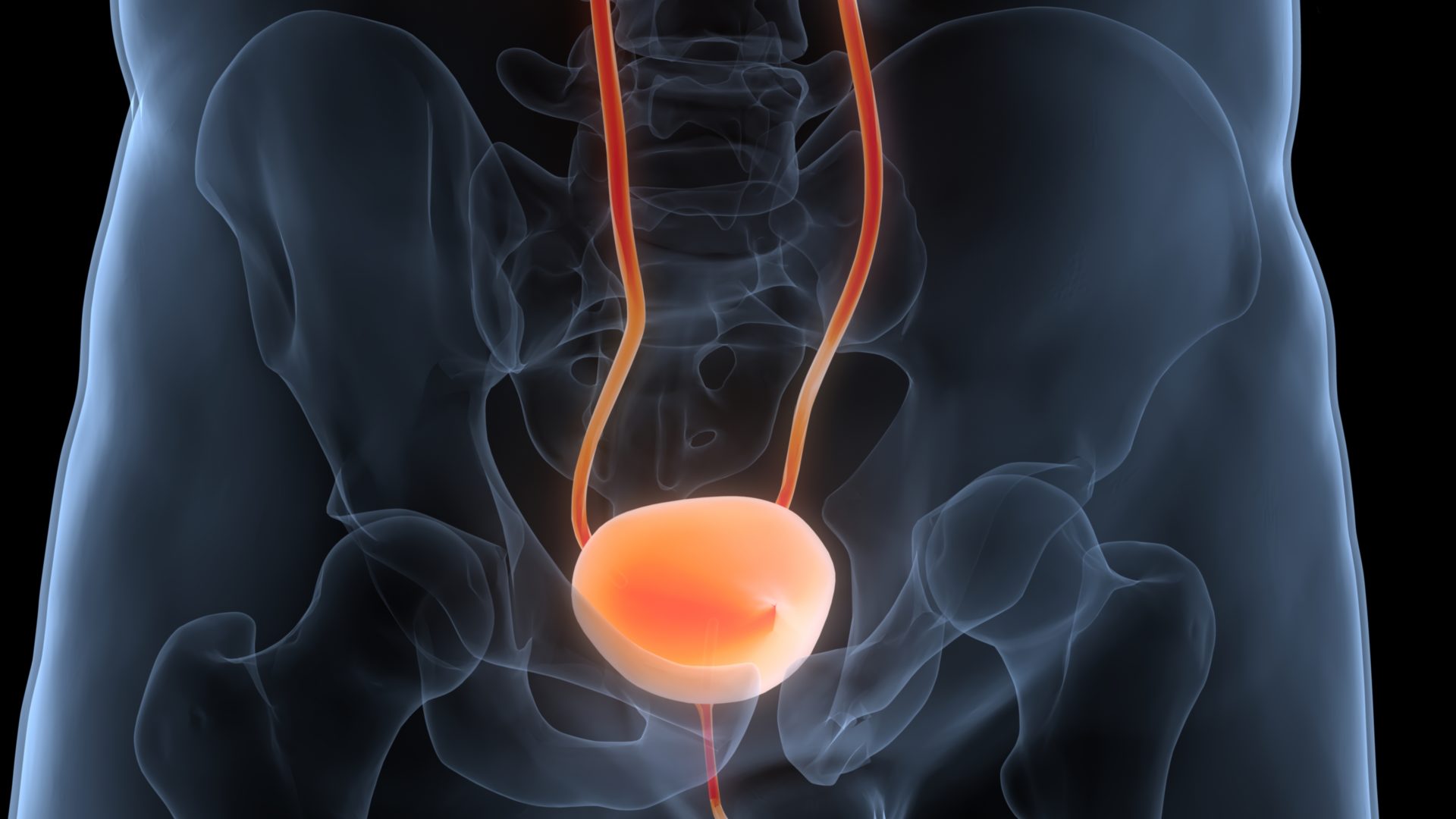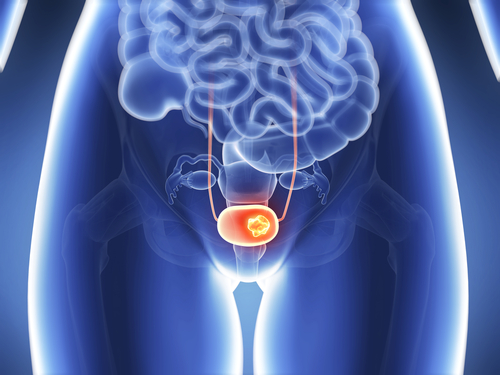A study assessed oncologic outcomes related to response to systemic therapy in patients with bladder cancer. The findings were reported in JCO Precision Oncology.
This study focused on bladder cancer patients with glandular variants who underwent surgery at Memorial Sloan Kettering from 1995 to 2018 (surgical cohort), as well as patients who had gene sequencing performed on their tumors (genomics cohort). The key measures of interest were pathologic complete and partial response rates to neoadjuvant chemotherapy (NAC), as well as recurrence-free and cancer-specific survival.
The surgical group included 37 patients with bladder adenocarcinoma, 46 with urachal adenocarcinoma, 84 with urothelial carcinoma (UC) with glandular differentiation, and 1049 UC, not otherwise specified (NOS).
Results show that the gene profiles of bladder adenocarcinomas were similar to colorectal adenocarcinomas. The investigators observed that UC with glandular differentiation was similar to UC, NOS. They also noted that despite more advanced disease observed in patients with bladder and urachal adenocarcinoma, there were no significant differences in recurrence or cancer-specific survival. In patients with UC with glandular differentiation, NAC yielded a partial response in 28% of patients and a complete response in 17% of patients. The investigators proposed that NAC should be considered a histologic variant to treat UC with glandular differentiation.
Reference: Almassi N, Whiting K, Toubaji A, et al. Clinical and genomic characterization of bladder carcinomas with glandular phenotype. JCO Precis Oncol. 2022;6:e2100392. doi:10.1200/PO.21.00392









